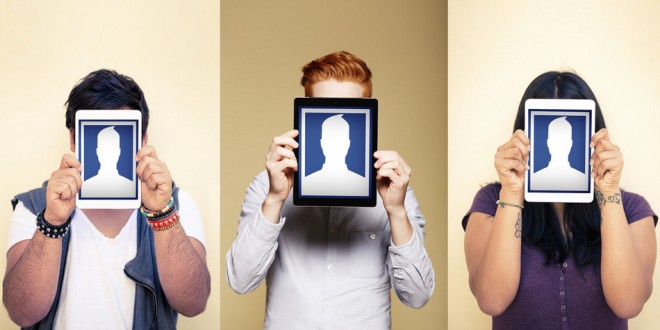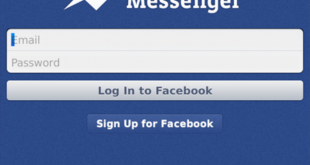Facebook has updated a few of its community standards and guidelines this Sunday to better reflect the purpose of these standards. Among the details that were newly disclosed about the company’s policies, the Facebook real names policy has also been better clarified after backlash against it. According to an official blog post detailing the new community standards, takedown requests and Facebook real names policy, users don’t actually have to use the name specified on their government-issued ID or driver’s license.
The blog post clarifies that the Facebook real names policy does not intend to restrict free speech or expression of one’s self, after many voices of the industry, especially those of the LGBT community have said that by instituting the real names policy, Facebook was essentially exposing the identities of people that weren’t actually identifying themselves with that identity. A good example of this would be trans-genders who would rather use their trans-gender name instead of their legal name because they identify with that name. The clarifications made by the social network aim to calm spirits down by saying that the Facebook real names policy does not require a legal name, but the name that the user actually goes by in real life.
By these new, detailed standards, Facebook real names policy does not require a legal name, and will accept business names or aliases which people use in their daily life. Although Monika Bickert, Facebook head of global product policy stressed that it was not the intention of the social network to trespass on how Facebook users identified themselves, it didn’t seem so when the policy was originally rolled out. Once the real names policy was made official, accounts of people who used business names (for example DJ Dark, Queen B) or had names that were considered “not real” because they didn’t sound rudimentary were taken down. At the same time, drag performers were locked out of their accounts because of the policy. No matter how much Facebook insists that it didn’t mean to do what it did in these cases, the deed has been done. Moreover, Facebook insisted at the time that drag performers should use their real names, as in their legal names. It seems backlash was too strong for the company to keep the real names policy afloat in its original form.
 Load the Game Video Games, Reviews, Game News, Game Reviews & Game Video Trailers
Load the Game Video Games, Reviews, Game News, Game Reviews & Game Video Trailers



